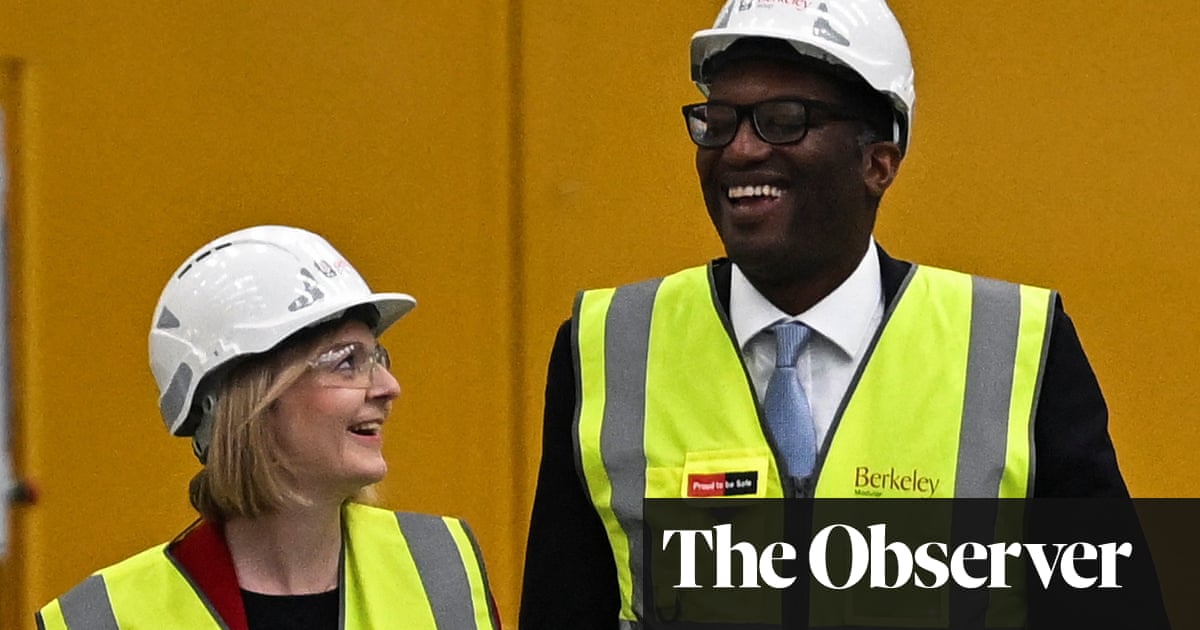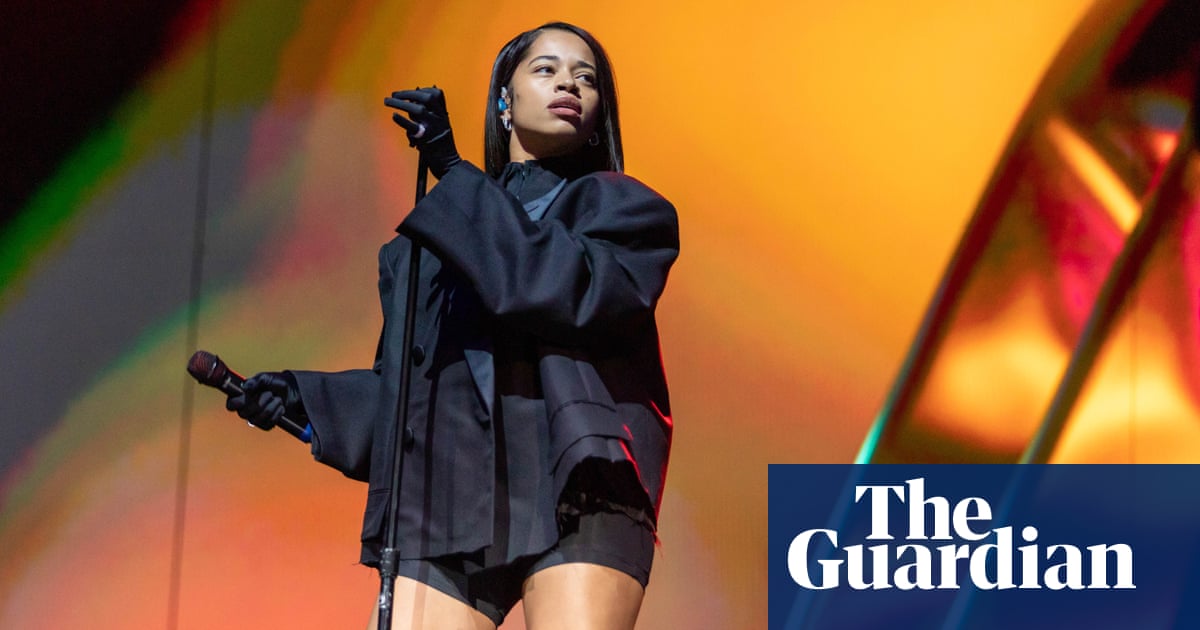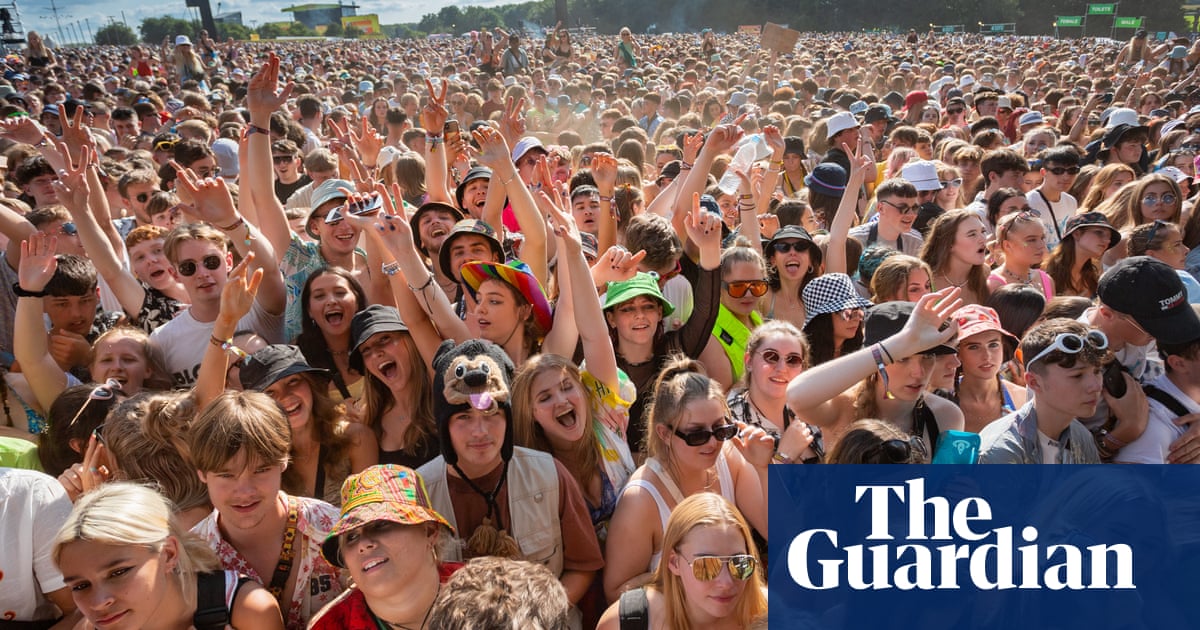
or singer-songwriter Frank Turner, an audience singalong is one of the most affecting parts of his live show. For his return to the stage on the day the UK government allowed venues to reopen last weekend, though, he had to try a different tack. “The audience were not supposed to sing along,” he says, because of the danger of coronavirus being spread. “If the crowd started to kick off I had to politely tell them to calm down, which really goes against my performance instincts. I even tried to get a ‘hum-along’ going at one point.”
Infectious viruses and hum-alongs are just two of the issues currently facing the live music industry. The announcement from the culture secretary, Oliver Dowden, last Friday meant indoor concert venues could once again put on shows – delayed from a planned 1 August reopening. Today, the government announced the 135 recipients of its emergency fund to help grassroots venues. But with social distancing requiring tricky logistics and limiting box-office takings, very few venues have yet opened their doors. Mark Davyd, head of the charity Music Venue Trust, warned last week that “only around 100 of the country’s 900 small music venues would be able to operate under the current restrictions”.
The Sound Lounge, which hosts blues and Americana gigs in Sutton, south London, is one of those that did but only because its sole performer was the co-founder Hannah White. “She was the only artist we booked, without notice and without charging a fee,” says the other co-founder, Keiron Marshall. “I worked as a sound engineer for free and we had a bank of volunteers who all wanted to help out. They’ve just missed the venue so much.”
Although the night was a success, Marshall had no staffing costs and he says running socially distanced performances on that model is unsustainable. Sound Lounge was also only able to operate at 18% capacity: 47 out of 250 seats.
“Social distancing doesn’t mean you divide space into square metres,” he explains. “It means operating safely with all tables pre-booked. If every seat was booked in social bubbles, we could maybe have 60 people in the door, but you can’t discriminate against someone who arrives on their own or comes as a couple who have booked a table of four. And with our venue operating table service for the first time, the capacity is reduced even more.”
It’s not just the smaller venues that will struggle to reopen with current social distancing measures. “We still don’t know when the rules will be lifted for live performances to include full audiences,” says Louise Halliday, the Royal Albert Hall’s director of external affairs. “The government has told us they’re going to review social distancing rules in November, but the job retention scheme ends in October. That’s a really dangerous gap for our industry.”
She said the one-metre distancing rule means a reduction in the Royal Albert Hall’s capacity to around 36%. Most of its events, with staff costs accounted for, break even at around 80%. “We are trying to plan events and buy all our staff back with no knowledge of when we are going back to normal operations. And if there is a second outbreak, and if we have to close our doors again, we’re not going to be insured. So the risk of putting on events, even when social distancing is lifted, is enormous.”
Turner, whose gig at the Clapham Grand was the UK’s first socially distanced indoor gig, described the chance to perform as “wonderful but weird – a profoundly moving experience”. But he says his performance was also a demonstration that the model is not a “slam-dunk solution” to the problems faced by the industry.
“As fun as it was, as moving it was, and as important as it was to do, this is not a model that was going to save venues or save live performances,” he says. “What seems to happen over and over again, whether it’s to do with the gig I did at the Grand or conversations I’ve been having about trying to set up socially distant outdoor camping shows, is the people in government who are making these decisions have almost zero knowledge or understanding of how the entertainment industry works.”
Ally Wolf, venue manager at the Clapham Grand, says he was in a privileged position to be able to stage Turner’s gig: the venue can still pull a crowd of 200, though that is less than 20% of the venue’s capacity. “Even though we have managed to open up for a live performance this is not a precedent event for our industry,” he says. “It still needs further support.”
Hundreds of workers in the live events sector took to the streets last week for the #RedAlert campaign to lobby for further government support. Wolf says an extension to the government’s furlough scheme is needed to keep event staff from being made redundant.
“A lot of venues, mine included, won’t be trading to the point where we can afford to bring our staff back,” he says. “We really bring a lot of value to the economy. We bring people into work, we give people experiences they may have never seen. There’s a huge amount of positives attached to what we do, and not just live music – all venues which provide all forms of entertainment. We need to embrace that.”
While audiences will need to keep their mouths closed, the people within the industry are not ready to do the same.












